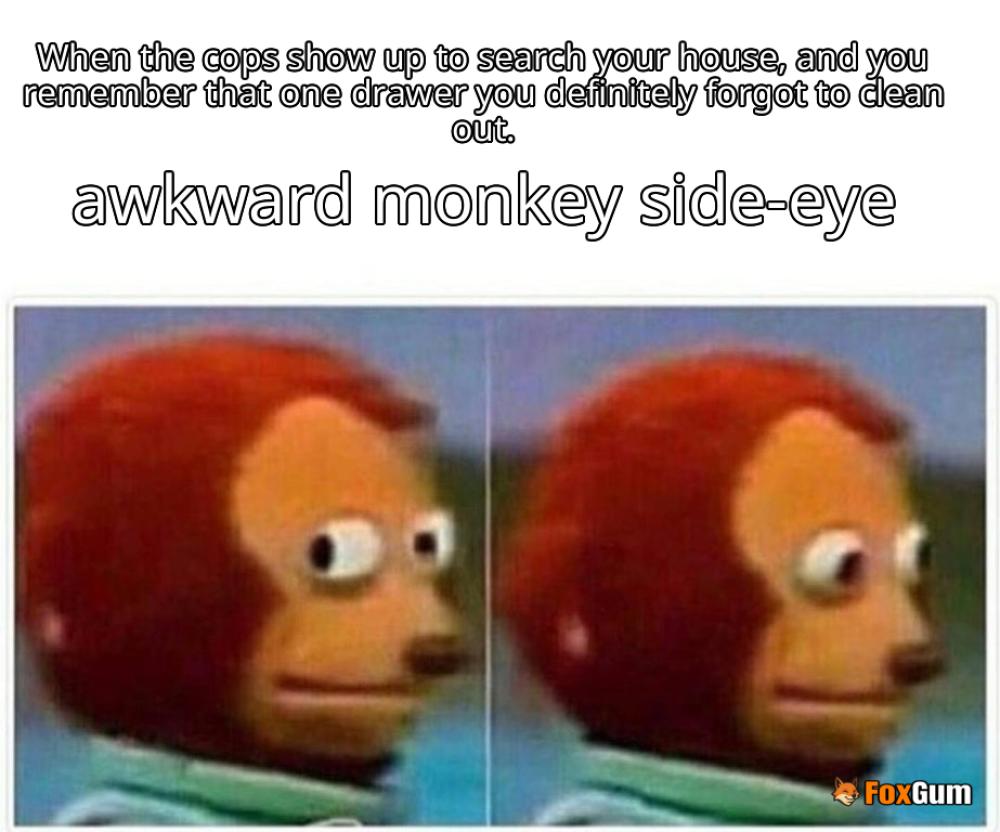
Search and Seizure Case Law
Understanding Search and Seizure Case Law
Ah, the good ol' Fourth Amendment! The part of the Constitution that keeps those pesky cops from rummaging through your sock drawer without a warrant. 🙈 But wait, it’s not all sunshine and rainbows; there are some serious legal twists and turns in the world of search and seizure. So, grab your gavel, and let’s break it down! ⚖️
What’s the Deal with Search and Seizure?
Search and seizure refers to the process where law enforcement officers search a person or their property and take evidence for a crime. Sounds straightforward, right? But hold your horses! There are rules, and those rules can get as tangled as your headphones after a workout. 🎧
The Basics of the Fourth Amendment
The Fourth Amendment is like your legal bodyguard, protecting you from unreasonable searches and seizures. It says that law enforcement needs a warrant, supported by probable cause, to invade your privacy. But here’s the kicker: there are exceptions! 😱
Stop and Frisk: A Controversial Practice
One of the most talked-about exceptions is the “stop and frisk.” This is where cops can pat you down if they suspect you might be armed and dangerous. Think of it like a bouncer at a club checking for weapons, but with a badge. 🕵️♂️ While it’s meant to keep everyone safe, it’s also been criticized for racial profiling. So, it’s a bit of a double-edged sword.
Key Supreme Court Cases
Let’s dive into some landmark cases that shaped search and seizure laws:
- Andresen v. Maryland (1976): This case clarified that the seizure of personal records by law enforcement doesn’t violate the Fifth Amendment, as long as they have a warrant.
- Terry v. Ohio (1968): The original case that legitimized stop and frisk, allowing officers to pat down individuals if they have reasonable suspicion.
- Illinois v. Gates (1983): This one loosened the grip on probable cause, allowing officers to consider the totality of circumstances when deciding to search.
- Katz v. United States (1967): This case expanded the definition of privacy, stating that people have a reasonable expectation of privacy even in public spaces.
These cases are like the Avengers of the legal world, each one adding a new layer to the complex saga of search and seizure laws. 🦸♂️
Final Thoughts
Search and seizure law is like a game of chess, with every move potentially leading to a checkmate or a major blunder. Understanding your rights can keep you from getting caught in a legal web. So, next time you see a cop approaching, remember: knowledge is power! 💪




















 नस्लीय भेदभाव
नस्लीय भेदभाव 
 Health
Health  Fitness
Fitness  Lifestyle
Lifestyle  Tech
Tech  Travel
Travel  Food
Food  Education
Education  Parenting
Parenting  Career & Work
Career & Work  Hobbies
Hobbies  Wellness
Wellness  Beauty
Beauty  Cars
Cars  Art
Art  Science
Science  Culture
Culture  Books
Books  Music
Music  Movies
Movies  Gaming
Gaming  Sports
Sports  Nature
Nature  Home & Garden
Home & Garden  Business & Finance
Business & Finance  Relationships
Relationships  Pets
Pets  Shopping
Shopping  Mindset & Inspiration
Mindset & Inspiration  Environment
Environment  Gadgets
Gadgets  Politics
Politics 